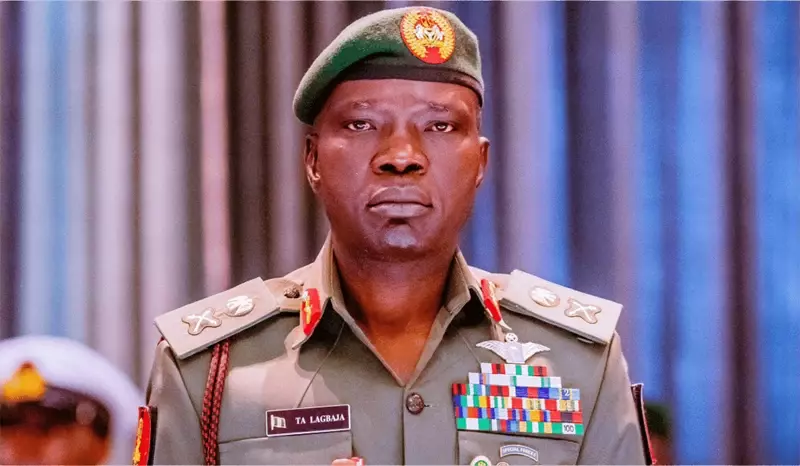Place your adverts here on InfoDig @ low rates; banner ads, sponsored links and guest articles etc. Contact us
By Adedapo Adesanya
The Nigerian government has been advised to address its power supply crisis if it intends to revamp the struggling economy.
The President of the African Development Bank (AfDB) Group, Mr Akinwumi Adesina, said this over the weekend during his lecture on Building a Global Nigeria to mark the 90th birthday anniversary of Nigeria’s fomeYakubu Gowon in Abuja.
He lamented that his country of origin loses about $29 billion annually due to a lack of reliable power supply, amounting to a 5.8 per cent loss in the nation’s Gross Domestic Product (GDP), noting that the major challenge facing Nigeria’s manufacturing industries was the high cost and unreliability of electricity supply.
The AfDB boss said that load shedding and the inconsistent availability of electricity had resulted in high and uncompetitive manufacturing costs.
According to him, most Nigerian manufacturing companies are providing their energy with a high dependence on generators, diesel and heavy fuel oil.
“It has been estimated by the IMF that Nigeria loses about $29 billion annually, that is 5.8 per cent of its GDP, due to a lack of reliable power supply.
“The report also indicates that Nigerians spend $14 billion yearly on generators and fuel. There is no other way to say it, lack of electricity is killing Nigerian industries,” he said.
He quoted the Manufacturers Association of Nigeria (MAN) as saying industries spent N93.1 billion on alternative energy in 2018.
“Today, no business can survive in Nigeria without generators. Nigeria has gas and crude oil in abundance, which can be vital means of generating electricity, yet, 86 million people live daily without electricity.
“Today, Nigeria is the number one country in the world in terms of the total number of people without electricity,” he said.
Mr Adesina said that it was a situation that called for the government’s attention so as to boost the country’s economy.
He said that to achieve a global Nigeria, the country must have universal access to electricity.
Highlighting AfDB‘s contributions, Mr Adesina said that the bank had invested massively in the power sector to support the implementation of Nigeria’s Power Sector Recovery Programme by providing 200 million dollars for the Nigeria Electrification Project.
“To support Nigeria and other African countries, the AfDB invests massively in the continent’s power sector.
“This is through the provision of 200 million dollars for the Nigeria Electrification Project, which is designed to fill the country’s electricity access gap.
“We have also invested $210 million in the Nigeria Transmission Project to strengthen the grid power evacuation and regional interconnection,” Mr Adesina said.
According to him, a major component of AfDB’s energy strategy is the launch of the Desert to Power initiative, a $20 billion initiative to provide electricity.
He said that the initiative would provide electricity for 250 million people across 11 countries of the Sahel, including Northern Nigeria.
He said that it was expected that Desert to Power would create the world’s largest solar zone.
“This initiative will draw lessons from successful projects already financed by the bank, including the Noor Ouarzazate solar PV power project in Morocco and the Ben Ban solar project in Egypt.
“The President of the World Bank Group, Ajay Banga and I made the decision that the two institutions will work together to connect 300 million Africans, including Nigerians, to electricity by 2030,” Mr Adesina said.






)








 English (US) ·
English (US) ·